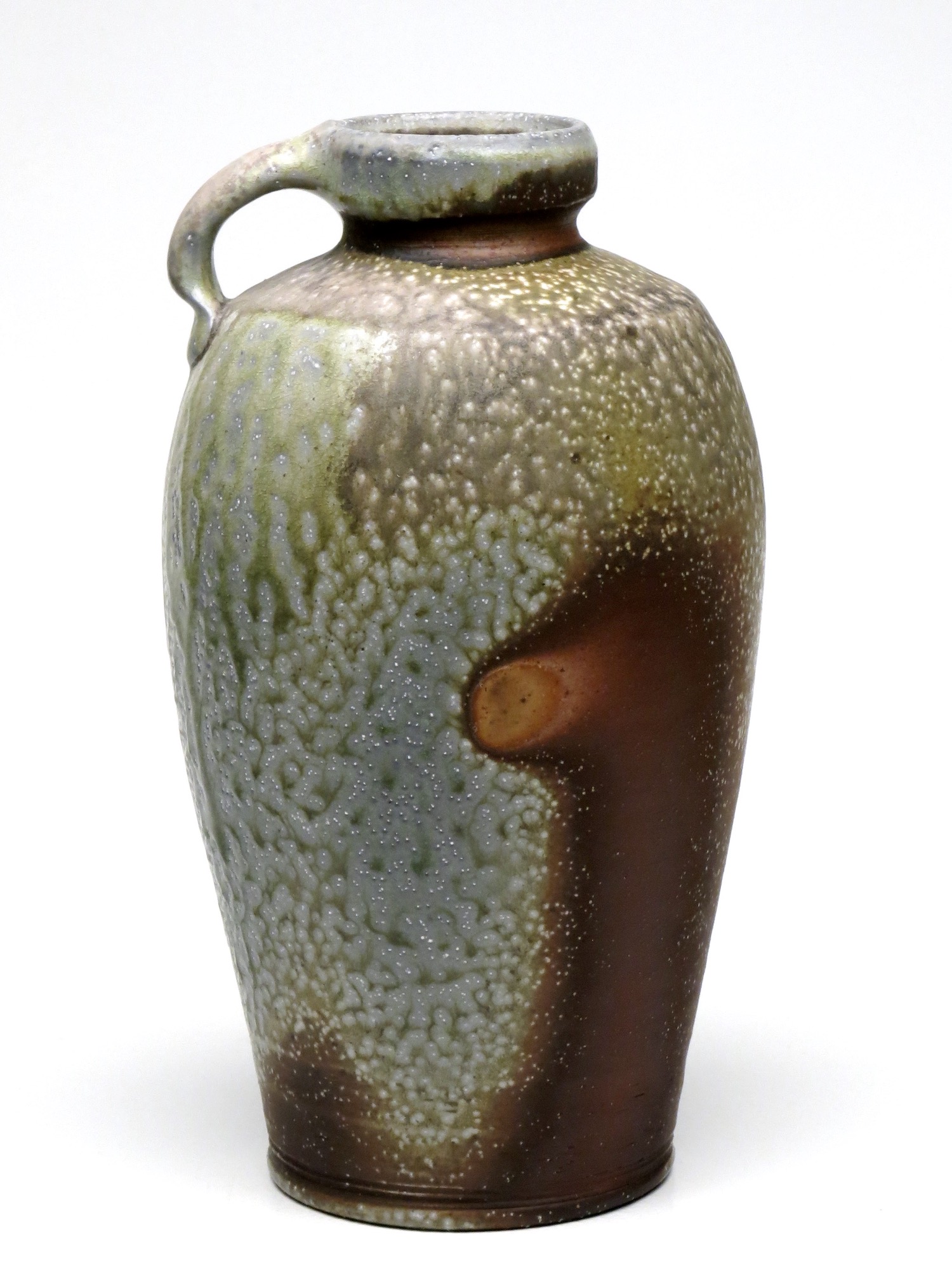Developing A Makers Philosophy | Harry Levenstein | Episode 837
4 min read [ad_1]
Podcast: Play in new window | Download
Harry Levenstein | Episode 837
Harry Levenstein is a potter currently working in the southern Berkshires of western Massachusetts. Harry is the ceramics lab tech at the Bard College at Simon’s Rock where he also teaches and maintains his own studio practice.
SPONSORS
 You can help support the show!
You can help support the show!
Number 1 brand in America for a reason. Skutt.com
For all your ceramic needs go to Georgies.com
How would you define a maker’s philosophy?
I guess the first thing that comes to mind is values, their values around what the things that they are making are. Do you mean my philosophy or just in general, a maker’s philosophy?
I would like you to answer whatever way you want to go. I think that’s a good answer to the question, having a set of values. How is that different from just having a good work ethic?
I think there is a level of discernment between just having strong work ethic and having strong values around what you are producing.
Do you have a foundational idea that would build your other values off of?
I think so. I suppose it’s fluid maybe and some things spin from certain ideas and leave others behind, while others spring from those and leave the others behind. It feels like a fluid thing.
So if you could put it into a single sentence how would you define your foundational philosophy as a maker?
Woah! What a question. My foundational philosophy, what it means to be a maker…I want to say that there has to be some sort of discontentment within that is the fire for wanting to continue to always try and attempt to articulate or flesh out or figure out or discover something more. If you find contentment then the search ends, I guess. There’s a period at the end of that sentence. (laughter)
How does that bleed over into life outside of the studio?
Oh man, it’s so blurry. That line is so blurry. You’re a potter and you know how ripe with metaphor the process is involved in making pottery, with life, you know. They coincide with life in so many different ways and so it’s hard not to see that in the microcosms of the studio coming out into the daily life. You know, struggle, try again, conservation, economy, beauty, humility, all these things and I feel super grateful about that, to have that to ground me. To have that in the studio to ground me in my life outside of the studio because I don’t know what would have taught me all those things if I didn’t have the studio to do that.
Do you see your philosophy coming in when you are teaching the next generation?
Man, teaching is hard. I’ve learned so much in this one semester that I’ve taught the students here and I kind of came in guns-a-blazing, thinking I was going to be this teacher who had all this knowledge to share and philosophies and values that I hold in my own and have really high expectations of the kids and all this stuff. But I kind of really quickly realized that’s not the way and whatever made up version of a teacher I thought I was not…it’s just a made up version, and what actually is there is very much in the works and a work in progress with much to learn.
What’s your favorite form to make and why?
Well the honest answer is that it always is changing. I get excited about things and stay excited for awhile and then it switches when I discover something new. But I think right now what I have been excited about is this form that I just call it jug vase because I don’t really know what to call it honestly, and it’s a tall form that could be seen as a pitcher, it could be seen as a vase, it could be just a pot, an object. It has dual handle technology. So a pulled handle and a strap handle on the opposite side. There’s strong English influence in that jug. But also the double handle thing came from this old fermenting crock that I saw in an antique shop and I thought it was so funny to see a pot with a pulled handle on one side and a little strap on the other.
Book

Contact
Instagram: @harrison_lev
Related
[ad_2]
Source link




















